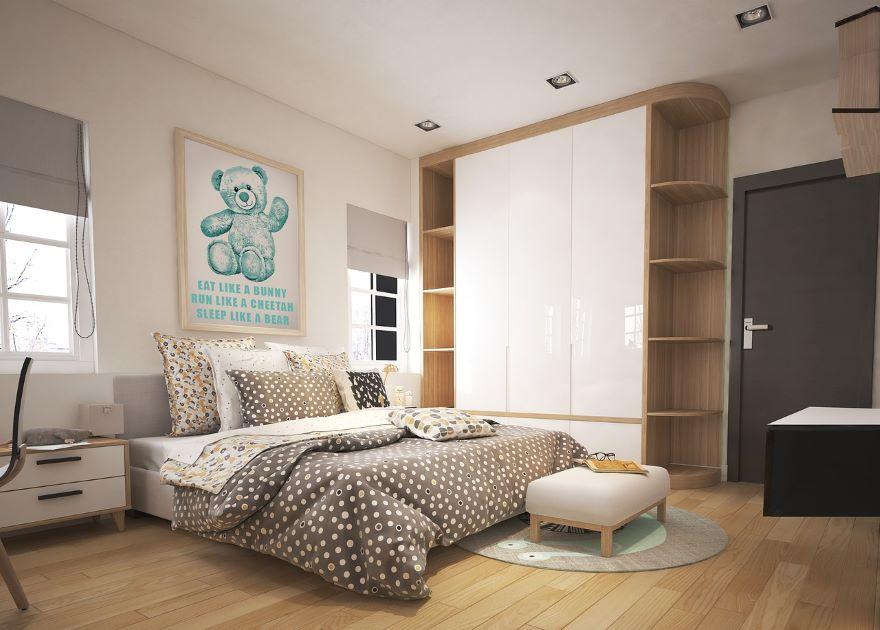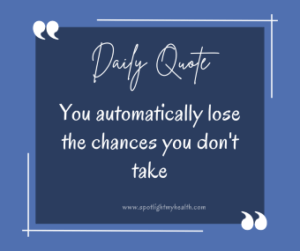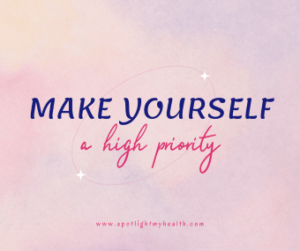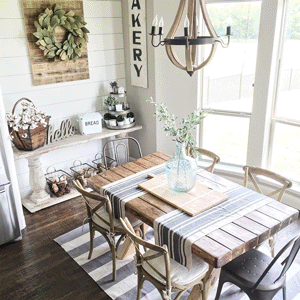Have you ever stopped and thought “I’d like to live a more simple life? You can, but you have to want it and then be willing to put in the time and effort to make it that way.
Simplifying your life can bring a lot of freedom and balance with it. But you might be wondering where to start and what parts of your life should you simplify.
I’m going to help you out with that and also share some of the benefits of making life more simple.
Once you make one aspect of your life more simple, I guarantee you’ll look around for another place to simplify. You’ll wonder where else can I get rid of distractions and have time to focus on what is really important to me.
And truthfully, asking yourself what are the most important things to you is the first question you need to ask yourself. Doing so may give you some ideas of what parts of your life to simplify.
Next up, are some places that, once simplified, will give your life more balance.
Physical Aspects
*Possessions
*Clutter
*Tech time
Non-physical Aspects
*Time commitments
*Negative self-talk
*Multi-tasking
*Debt
*Tech Time and People Connections
Non-physical Simple Living Idea Changes
We are going to tackle the non-physical aspect of living more simply. For some, these parts of their lives give them the most stress.
Debt
Debt can have a stronghold on us to the point we feel we are suffocating. If that’s you, then this is definitely a part of your life to start simplifying. It may take a while but start right away stripping away at your debt.
Sacrifice anything that isn’t a necessity to get out from under this chokehold. The sooner, the better. If you need some idea on how to budget, see my post on budgeting.

Multi-tasking
Do you realize that multi-tasking brings on more stress? And then, because of the stress, your productivity goes down. Try switching to doing one thing at a time and give it your all. When the current task is complete, then move on to the next project on your list.
Negative Self-talk
Self-talk is that little voice in your head that seems to never stop talking. And it can be brutal at times which is not good for any of us.
You need to take back control of your self-talk by immediately beginning to think of something fun and positive the minute the negativity starts. You control your mind, not the other way around.
Besides, any negativity such as bitterness, jealousy or hate aimed toward yourself, or others won’t do any good. It’s lost time and effort on your part and certainly doesn’t improve your quality of life or help simplify it.
We also need to stop with the “should haves” and “could haves” that we women are really good at; not to mention the overthinking.
Try repeating to yourself “if I can’t do anything about it, then it doesn’t deserve my time and attention.” A very true affirmation to stick with.
Tech Time and People Connections
Having family and friends that we get along with is good. It’s the distraction of always being available on our phones, laptops and ipads by texting, emails, social media, etc. that isn’t good.
We need to turn all these things off, at times, or not always answer if it isn’t urgent. Keeping up with all of this causes the distractions and lack of focus that is keeping you from doing whatever needs done or doing things that are important to you.
Social media sites can dominate your life, change your values and have a big influence on your attitude and outlook on life. Chances are you don’t know how much time you spend on social media.
I used to get very angry every time I was on facebook, so I had to cut way back. And I’m so glad I did.

I know I’ve been on social media at times to eventually look around and realize I’ve wasted a lot of time and got nothing done. And I don’t like that because I still want things done so I rush through everything.
I shouldn’t have to put that pressure on myself, so I now just don’t get started with all the techie stuff. Especially when other things need to have my focus.
Friends and family will usually understand when you get back to them.
Besides when you unplug all the techie stuff for even just a few hours each day will give you back some independence from time constraints that could be spent with those you love.
Time Commitments In Your Schedule
This is something my husband and I stopped when our kids were younger. Days were becoming overflowing with work, home, driving kids here and there.
And then there are church commitments, hobbies and crafts I did with others—it was too much.
So, we all cut back. I joined a group for “craft night” one evening a week. We stopped signing the kids up for everything they thought they wanted to do.
They were allowed to pick only one activity each semester of school. We wanted them to spend time running and playing outside with their friends.
And we stopped saying yes to everything others suggested we do. It really helped us get our breath, we had more family time and it stopped feeling like we were running a cab service. Simple.
Physical Aspects For Simple Living Idea Changes
Simplifying the physical aspects of your life maybe the harder part for you. It just may be because you are someone that wants to keep everything. Even if you’ve never used or worn the item in question.
Possessions
We have lived in our home for over 20 years and it’s a big three-level house. Do you know how much stuff we have accumulated? Way too much, that’s how much! And you know what? I frequently feel overwhelmed by all the stuff. We aren’t cluttered by any means, but I just feel we have too much.
Why Purge?
We purged several years ago, but feel like it is time again, so I’m going to share the steps we take to get rid of some stuff and why it’s good to do this.
For one thing, all the possessions we think we need to decorate our homes can be a drain on our bank accounts. Our general rule of thumb is we don’t purchase anything on credit but cars, our home and bigger appliances.
Anything else, we usually save for first before we buy because we don’t like using cards. Our cards don’t get used for anything that we can’t show we still have several months out. In other words, something that is needed and physical.
We don’t use credit cards on anything that won’t be there the next day let alone several months later. This helps simplify your debt too.
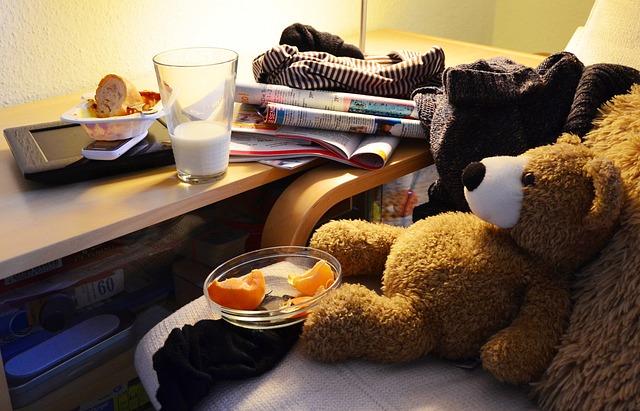
Possessions Affect Your Time
Another reason to clear out the possessions is your time. I don’t know about you but the older I get the less time I want to spend cleaning.
I no longer want to be bothered dusting all the stuff most of us have in our homes.
That’s time taken away from my family or doing things I really want to do. So, is it time to also clear out some of your non-essential possessions?
Less Clutter is Another Big Living Simply Idea!
How does it feel when you walk into your home, and you see the clutter? Do you feel overpowered by the clutter you see in a place that you call home? A place that you should feel joy and safe in.
Do you really want to start each day with dread as soon as you open your eyes? What a terrible way to start your day.
How we feel about our home is important. It should be a safe haven where you feel relaxed, peaceful and comfort.
Taking care of the clutter can help restore the good feelings you have for your home.
Going through the decluttering process for yourself, your family and home and then learning from your mistakes is an opportunity for freedom from the effects of the clutter. And here’s why.
Ways Clutter Affects You
Mostly has a negative effect on those living in the house, it causes frustration and overwhelms.
More than just having a messy home, clutter affects other parts of your life and probably effects your family too. And the clutter will continue to affect those other parts in life.
Clutter Affects Your Time
It takes up your time (cleaning, dusting) that you can’t get back.
Really wastes your time. Time spent researching the purchase, checking reviews, etc,. then more time spent shopping or looking online to get the best deal.
And then you have the upkeep and cleaning of the item.
Clutter Can Take Over Your Spending
We already briefly addressed how clutter can affect your finances. It can hurt and bother you when too much spending has been done on something. Especially after you get the purchased item home and realize you don’t really like it after all or you never use it.
Lesson to be learned: don’t buy just to buy and then realize the item has turned into a bad purchase decision.
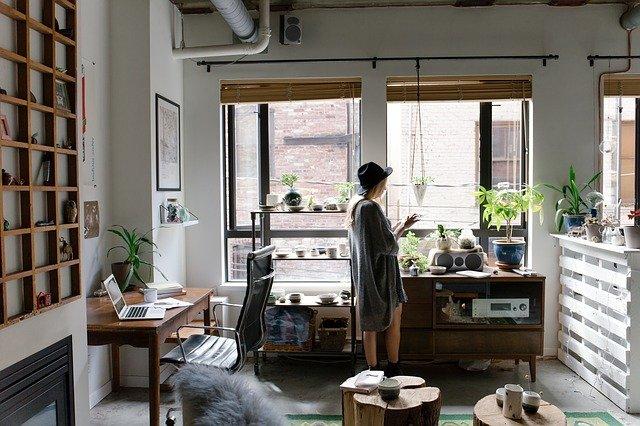
.
Ask yourself these questions the next time you are out just “window shopping” and something catches your eye….
*Will this item really be used?
*If you don’t absolutely love it, don’t buy it
*Do I love it enough to buy it?
*What would I use it for?
*Would I really use it?
*Is it necessary?
*Will I still want it after waiting three days? You may change your mind after waiting a few days and realize you really don’t want it.
*What could I do with the money I saved?
*Any doubt at all—don’t buy it
Fewer things mean less time cleaning, easier on your wallet and the overwhelm lifted off shoulders.
Clutter Can Become A Distraction
I don’t know about you, but when I’m in a room that is really cluttered, I can’t seem to think clearly. I get flustered, distracted, unfocused and don’t know what to do with myself.
Clutter can keep you from being able to find something or causes you to trip over things on the floor which could cause physical harm or at the very least diverts your attention.
Are you someone that is working very hard only to get more things that you want? (Which could become just more clutter).
Clutter Can Keep You From Family and Friends
I don’t ever want to look back on my life and realize that I spent way too much time acquiring things.
Then spending so much time with the upkeep of these items that there was no time to spend with my family or friends.
To me, this is the biggest offense from too much clutter. What a sad conclusion to my life that would be. That’s one of the reasons I go through things every couple of years.
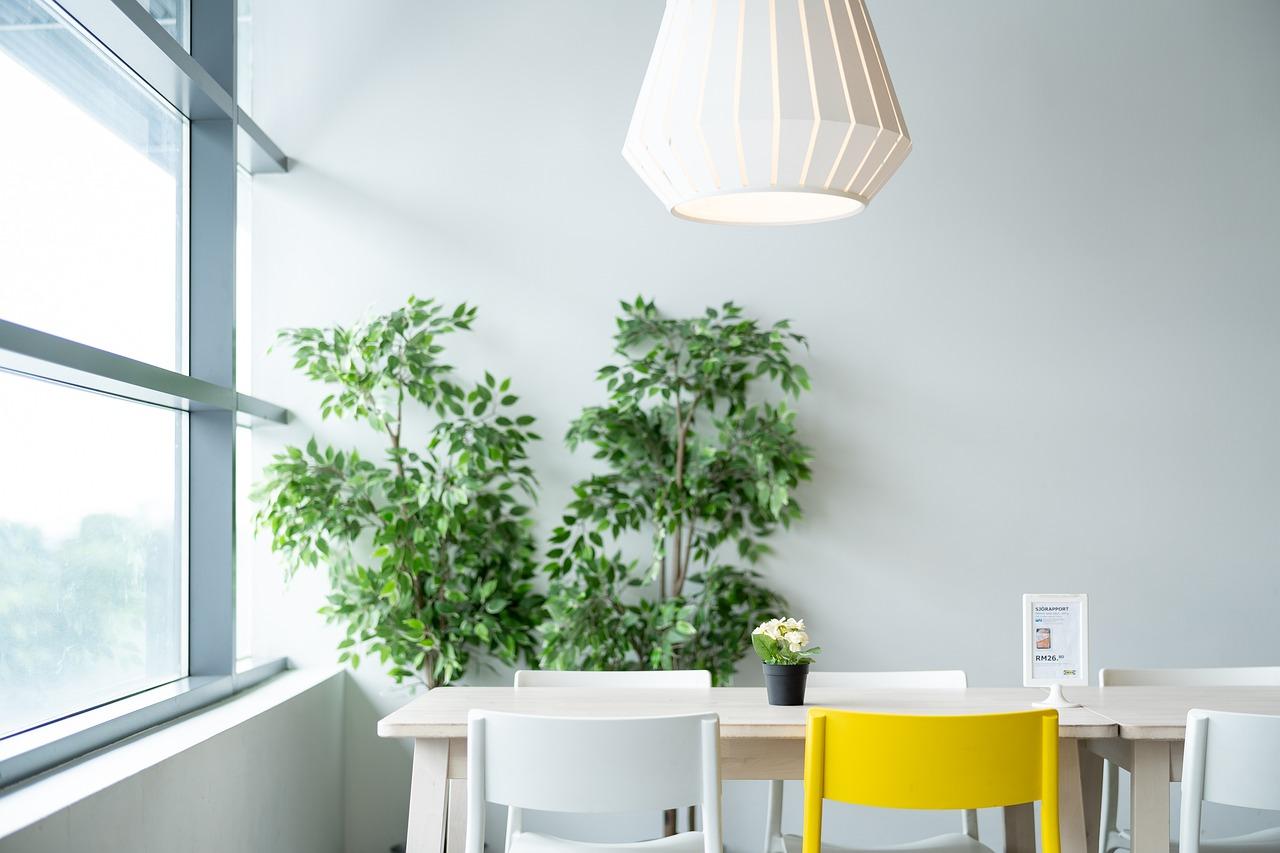
How to Fix the Clutter and Purge Unneeded Possessions
It may seem obvious that all we need to do to fix clutter is to simply declutter. However, when you look around, can you determine where to start. And once you get the energy up to start how do you actually do the decluttering.
You get stuck because….
*You don’t know where to start
*Don’t want to let go of your possessions
*Can’t let go of items you feel you spend too much on
*The process of decluttering is just too overwhelming
Here are some tips on where to get started on your clutter to release yourself from it.
Tip 1: Learn From Your Mistakes
These are some ideas to keep in mind as you go through the process of decluttering yourself and your home. Think about what you’ve already learned or about to learn as you declutter and apply that new knowledge.
*Stop buying
*The negative thoughts will never help you live your life to the fullest
*Be more selective when buying anything
Step One
Admit To And Identify The Clutter
Take a look around your home and determine if you have clutter and face up to it. Identify where your clutter is that needs taken care of.
This is step one because we all have different ideas of what clutter is. Very few of us would have the same answer on what we think clutter is.
For instance, I have one or two friends that are neat nicks and if their homes aren’t absolutely spotless, they feel cluttered. That isn’t so for me.
Step Two
Start Decluttering
I know it’s hard to know where to start, so I’m sharing what I do. When you’ve looked over your whole home and identified where the clutter is, pick a specific room to start with. Ask yourself a few questions.
*What room would I spend more time in once it’s uncluttered
*Which decluttered room would my family spend the most time in
*What room will be the hardest room to declutter
*Which room would be the easiest to work on
All of these questions are geared toward helping you decide where to start on the decluttering. Use them.
For instance, would you rather work on the hardest room first and have it over and done with. Woohoo!
Or would you rather start on the easiest room, get it done, have a big sigh of relief and use this decluttered room as motivation to keep on going.
I’ve done both because I feel differently from one day to the next, but these questions do help me keep going.
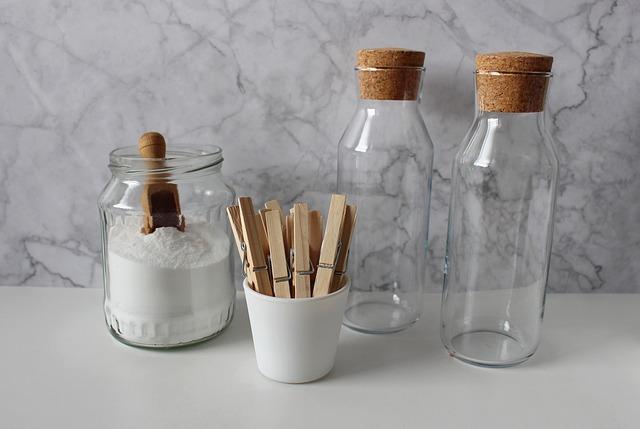
Tip 2: Feeling Overwhelmed
If you have decided on a specific room or area to declutter, but you still feel overwhelmed, here’s what I do.
Chose a spot in that room and spend a half hour decluttering only that area, then walk away.
Knowing I only need to work for this small amount of time helps me when I feel overwhelmed. I get it done and walk away smiling with some feeling of accomplishment.
I’ll do this again later in the day or the next day until the whole room is finished. This keeps me from getting angry from spending so much time on any kind of project I’m working on that I really don’t want to do in the first place.
Each time one room gets decluttered, I use the questions again to determine the next room to work on.
What Possessions to Keep and What to Give Up
I know how hard it is going to decide what possessions to keep and which ones to give up. Here are some basic questions to help with this decision.
*Do I use this item on a regular basis?
*Is this an item you resent maintaining?
*When was the last time I used this item?
*Do I love this item?
*Is this a “just in case” item that hasn’t been used for a long time?
*Do you keep broken things that you never fix?
*What is my reason for not giving up this item?
*Do I need or want this item going forward?
*Is this a big item that takes up way to much space in your home?
*Way too much paper clutter? See my post on paper clutter.
Emotions Come Into Play Too
Believe it or not working through your clutter isn’t just a physical process, but your emotions also come into play.
For instance, my hubby and I have an antique dining room set that his parents gave us. It was theirs so my husband has never wanted to give it up.
But recently he has come to the conclusion that neither of our kids like the set, so they won’t want it someday.
He knows that I don’t care if we have a dining room or not, so he has decided that we will be giving the whole set to a local charity when we get ready to move.
To me that was a big decision on his part because he generally wants to keep everything, especially if his parents gave it to him.
I don’t blame him as I’ve wanted to do the same with a few things I have of my mother’s.
But you come to realize that you don’t need everything you may have been given and my loved ones will be in my heart regardless of whether or not I keep an object they may have given me.
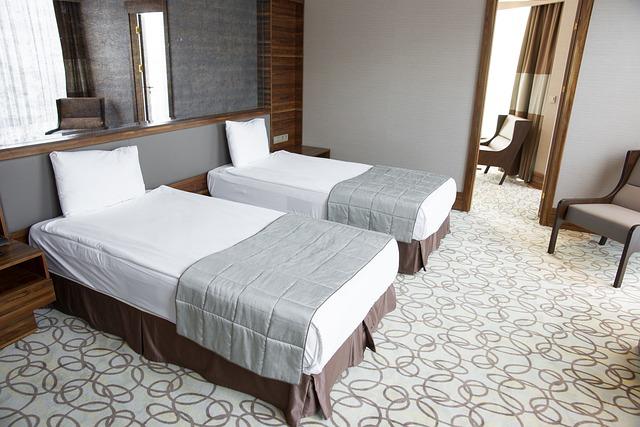
Step 3: Maintain It
This may end up being your hardest step when decluttering. Changes will have to be made by yourself and also anyone you live with. This is because clutter isn’t usually created by one person.
It’s best for everyone to chat together and make the needed decisions and what each wants for the home you all live in.
No pointing fingers, just come to some new goals for everyone to keep the clutter at bay. Then everyone has to commit to the goals and new rules that have been agreed to.
Things to consider:
*Are my own habits part of the bigger problem creating the clutter
*Consider how the clutter was created in the first place
*Make an effort to change your spending habits
*Learn and continue to live simply to keep the clutter at bay
*Everyone involved needs to commit to putting things away as soon as they are finished with an item
Want to Live More Simply? These are the Things You Have to Do
Decluttering and getting rid of some possessions can seem like making some pretty big changes in your life.
However, that doesn’t mean trying to change everything in your life at once.
But really, how many gas cans do we need in our garage or sets of dishes or appliances that you don’t use in your kitchen.
That’s why I suggest just working on one area first. Everything doesn’t have to be done right now. Learning this also comes into play for implementing a simpler life.
I’m not suggesting that we all need to turn into a minimalist, but the attitude is good to consider. Minimalism teaches having satisfaction with what you already have and that more stuff just means more work.
We need to stop the decision burnout and keep the stress at bay.
Benefits of Decluttering and The Prospective You Might Gain
*Stop spending money on something if even the smallest iota of doubt is in your mind that you want or need it
*Remember how much you would rather spend time with your family or doing something you really enjoy
*Regain your focus
*More present with your family
*Experience joy and a sense of accomplishment again when entering your home
*Home will feel more peaceful
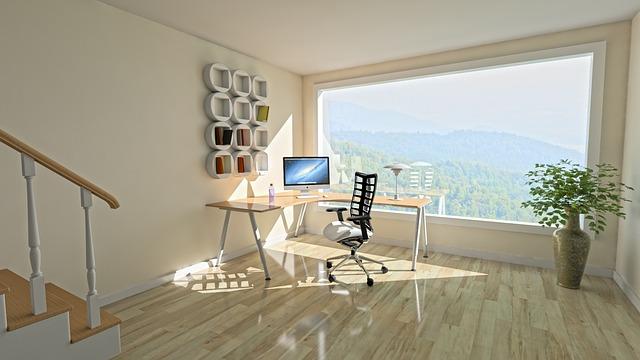
Final Thoughts
Doing these steps can go a long way toward creating a more simple life. But it also is not something that can be done all at once or quickly.
It’s a process to make these changes and give up possessions you may have had for many years.
And OMG! Do you really have to give up social media?? LOL The answer is no but cutting down is a very good idea. Give the gift of time for yourself and to spend with your family.
Working on ourselves and decluttering your home will give you that feel good, peaceful feeling again when you walk into your safe haven.
Take Care,
Cher
Relevant Reading
Holistic Lifestyle and Its Benefits
Cleanse Your Home of Negative Energy

